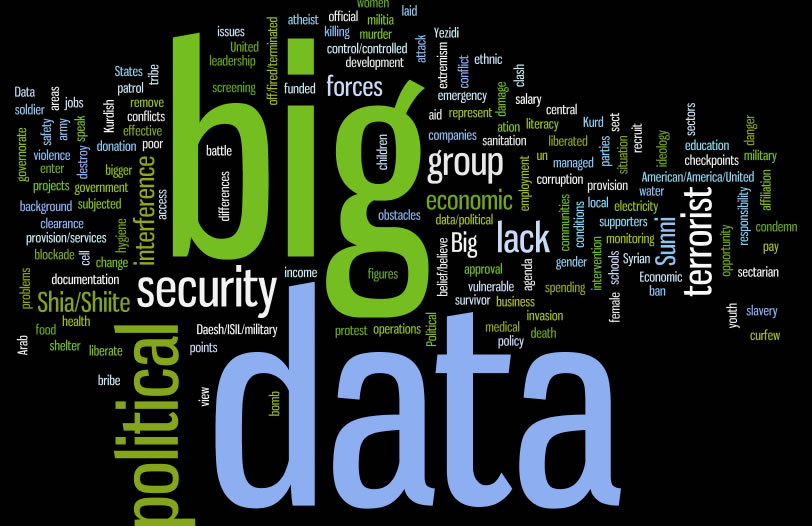Building Bridges across Social and Computational Sciences: Using Big Data to Inform Humanitarian Policy and Interventions
This research project brings together a unique interdisciplinary network of leading social and computer scientists from three universities (York University, Wilfrid Laurier University and Georgetown University) working with humanitarian experts (including UNHCR Canada, CARE Canada and Médecins Sans Frontières (MSF)) to improve humanitarian responses to displaced people. Using ‘big data’ about Iraq drawn from Georgetown’s vast, unstructured archive of over 700 million extended open-source media articles (EOS) supplemented with other data sources including qualitative interview data of humanitarian workers, our main objective is to refine our computer analytic tools and theories of migration to identify early indicators of forced displacement. Being able to anticipate who is being displaced and to where will assist humanitarian actors in planning for and responding to their needs. The overall goal of this project is to build a community of social and computer scientists working with humanitarian actors and guided by ethical practices to explore the potential of open-source data in identifying indicators and patterns of migration in order to improve humanitarian responses to forced displacement and advance theories of migration and displacement. The partnership emphasizes the co-creation of knowledge by academics and practitioners to inform and improve humanitarian practices and policy-making.
